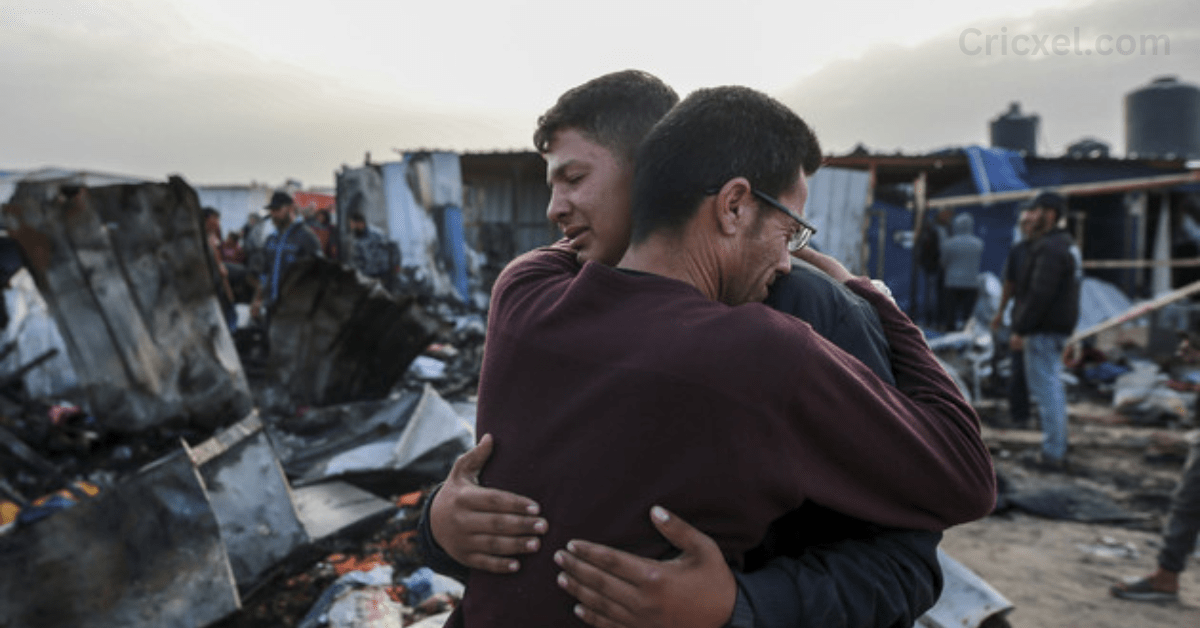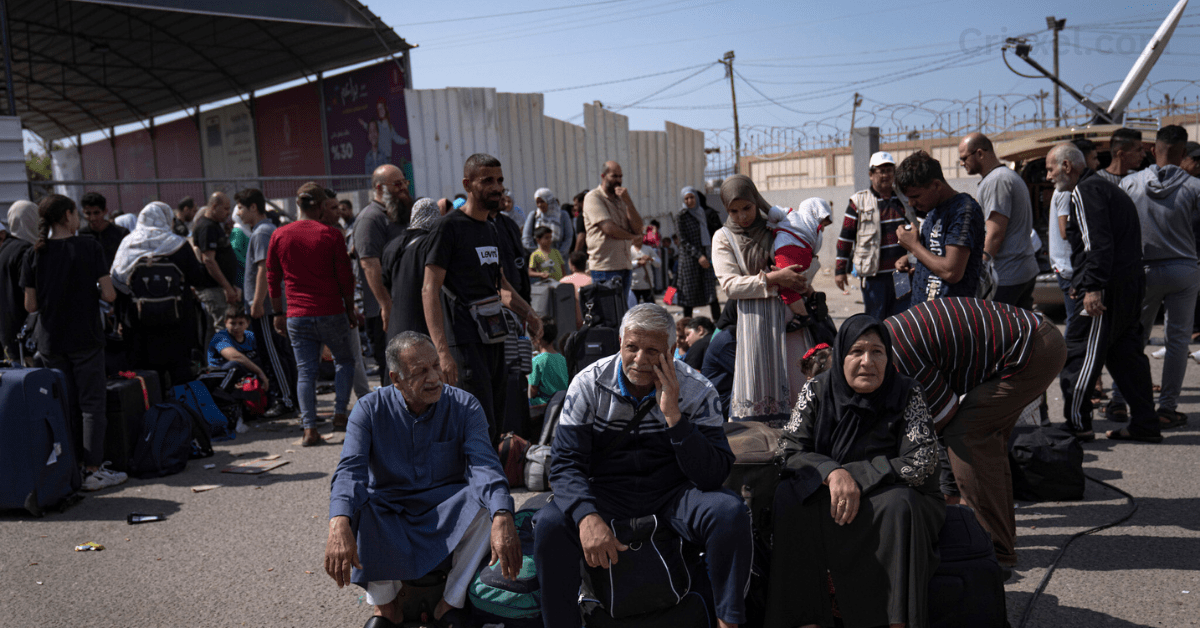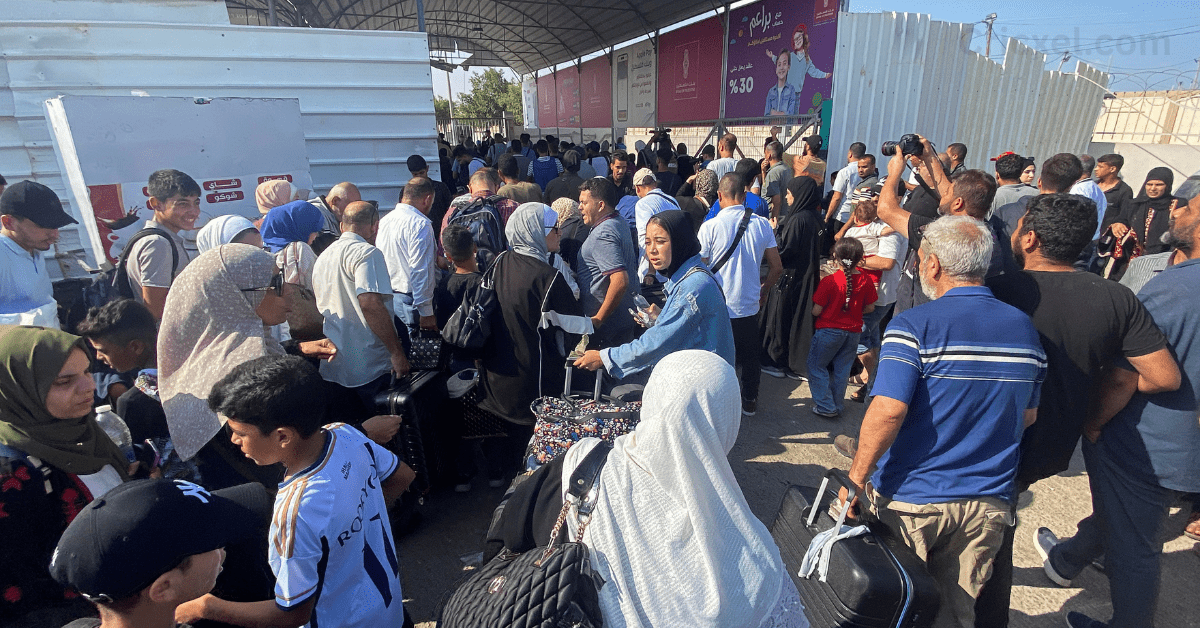In a recent military operation in the city of Rafah, Israel has managed to carry out its objectives without crossing the red lines set by the United States. The operation, which took place on May 30, 2024, has attracted international attention due to its potential implications on regional stability.
Rafah, a city located in the southern Gaza Strip, has been a focal point of conflict between Israel and militant groups. The Israeli Defense Forces (IDF) launched the operation with the aim of targeting specific militant strongholds while minimizing civilian casualties.
The operation commenced with precision airstrikes targeting known militant positions. The IDF utilized advanced intelligence and surveillance capabilities to identify and neutralize threats effectively. These airstrikes were followed by ground operations conducted by Israeli forces to clear the area of remaining militants.
Throughout the operation, Israel demonstrated its commitment to minimizing civilian harm. Strict rules of engagement were implemented to ensure the protection of innocent lives. The IDF employed precise targeting methods, relying on real-time intelligence and advanced weaponry to minimize collateral damage.

The United States, a key ally of Israel, closely monitored the situation in Rafah. Prior to the operation, US officials had communicated their expectations to Israeli counterparts, emphasizing the importance of avoiding actions that could escalate tensions or harm civilian populations.
In a statement released after the operation, the US government expressed its satisfaction with Israel’s adherence to the agreed-upon red lines. The US recognized Israel’s right to self-defense while urging all parties to work toward de-escalation and a peaceful resolution to the conflict.
The successful execution of the operation without crossing US red lines is seen as a positive development in the complex dynamics of the region. It highlights the importance of effective communication and coordination between allies in maintaining stability and preventing further escalation.
The international community has been closely following the situation in Rafah, expressing concerns about the potential humanitarian impact of the operation. Humanitarian organizations have called for immediate access to affected areas to provide assistance and support to affected civilians.

Efforts are underway to assess the humanitarian needs and ensure that essential services are restored in Rafah. The focus is on providing aid to those affected by the conflict, including medical assistance, shelter, and access to clean water and food.
The situation in Rafah serves as a reminder of the broader challenges faced in the Israeli-Palestinian conflict. It underscores the urgency of resuming meaningful negotiations and working towards a lasting solution that addresses the legitimate concerns and aspirations of both Israelis and Palestinians.
Follow us on our Official WhatsApp channel
As the dust settles in Rafah, the international community calls for restraint and renewed efforts to achieve a comprehensive and sustainable peace. The hope is that the recent operation will not derail the broader peace process but rather serve as an opportunity for renewed dialogue and engagement.
Israel’s operation in Rafah, carried out without crossing US red lines, has drawn attention to the complexities of the Israeli-Palestinian conflict. While the successful execution of the operation demonstrates the importance of coordination between allies, the focus now turns towards addressing humanitarian needs and reenergizing efforts towards a lasting peace in the region.





